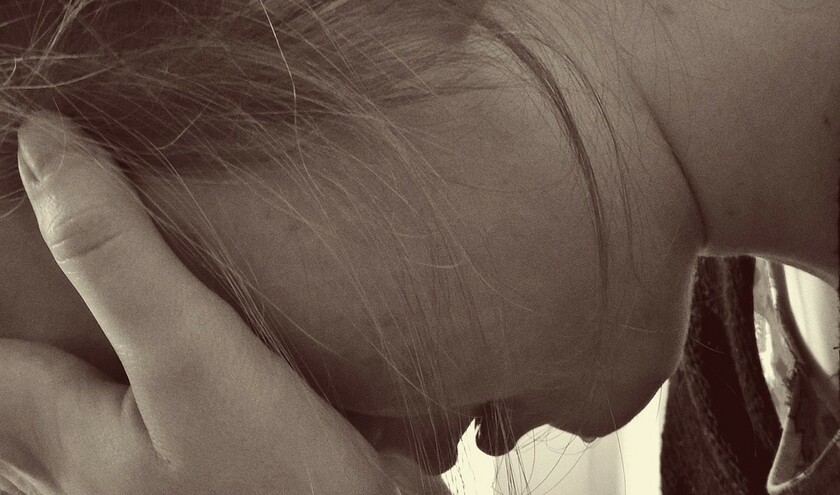A BMA survey, which had 968 responses, reveals 37 incidents of rape or assault by penetration, 85 cases of sexual assault, 43 cases of drink spiking and 24 cases of stalking.
The reports other key findings are:
- A concerning level of sexual violence, including criminal sexual offences, is taking place while medical students are at university. 41% of female respondents had been a target of sexual harassment or sexual assault while at university, as had 19% of male respondents. The incidents are most likely to be perpetrated by fellow students.
- The health and wellbeing of victims need to be prioritised, and there is concern that leaders do not recognise the impact of sexual harassment and assault.
- The risks of social isolation and ability to participate in education need to be recognised and support measures should be offered.
- There is a lack of clarity on the interface between medical schools, universities and placement providers. This is leaving students with the difficult and stressful task of navigating a complex system when they need to report an incident and/or seek support.
- Respondents do not feel that the sanctions for sexual harassment and assault are sufficient to help stop this behaviour, leading to the view that perpetrators are emboldened to repeat such behaviours. When respondents were asked to identify the most effective action they would like medical schools to take, 60% called for stronger sanctioning for sexual harassment and assault.
- There is a significant problem with reporting and investigation processes and outcomes - 60% of respondents do not have faith in their medical school's ability to adequately respond to a future incident of sexual harassment or assault, 75% who reported sexual harassment or sexual assault said they were not really or not at all satisfied with the outcome, and 67% chose not to report mainly because they believed that nothing would be done.
- The failure of the NHS and medical schools to tackle sexism on clinical placements risks the continued normalisation of sexism and sexual violence in the NHS. This is exacerbated by the lack of intervention from staff when this behaviour takes place.
- 69% of female respondents experienced sexism on clinical placements, compared to 16% of male respondents.
- This behaviour is being perpetrated within all the major groups that students are interacting in: students, doctors and patients. However, the type of actions coming from these different groups varies.
- Sexist and misogynistic attitudes held by some doctors are leading to unequal educational opportunities, with placement providers and medical schools not doing enough to ensure fair access to high-quality education.
- There can be no presumption that younger generations have more progressive views or a greater understanding of consent. The BMA received examples of students questioning whether women should be in higher education, aggressive responses to rejected sexual advances, and doubts around women's competency.
BMA medical students committee deputy co-chairs for student welfare, Erin Maccabe and Gerald Herman, said: ‘These findings are deeply distressing but will sadly come as no surprise to the hundreds of medical students who experience sexism and sexual violence their everyday lives. We are incredibly grateful to those who have come forward to share their stories – their bravery has exposed a culture that has no place in our universities, NHS or anywhere in society.
'Every medical student deserves to learn in an environment where they are safe, valued, protected and treated with dignity and respect. The BMA and medical students committee are determined to make sure the recommendations in this report lead to real change – with stronger safeguarding, clear reporting routes, and genuine duty of care upheld for all students.'
The report also makes recommendations to tackle the problem, which include:
- Universities, medical schools and placement providers must provide multiple channels for reporting, including anonymous reporting routes, ensuring students can confidentially disclose incidents without fear of reprisal.
- Measures to minimise interactions between the complainant and the accused must be put in place. These measures must prioritise the wellbeing of the complainant, avoid intimidation against them, and prevent any further incidents. This must cover investigations of incidents at medical school and on placement.
- All students should be educated on sexism, misogyny, relationships, consent and sexual violence so that they are fully equipped to recognise, challenge and address these behaviours within academic settings, their own social interactions and their careers in the medical profession.
- Clinical placement providers must monitor teaching standards to ensure sexism in teaching does not take place and that medical students can access equal opportunities, irrespective of their gender.
- Clinical placement providers must provide a safe and inclusive working environment for all students. This should include enforcing professional boundaries and providing medical students the same protections from sexual harassment and sexual violence that their staff receive.
- Placement providers must give all staff involved in educational supervision guidance on how to respond when they witness or are informed about incidents of sexism or sexual violence.
Reaction
Danny Mortimer, chief executive of NHS Employers, said: ‘This report paints a bleak and worrying picture of the scale of sexual violence and sexism towards medical students. No one should have to face any of this in an academic and workplace environment. It is unacceptable that three quarters of medical students who reported sexual harassment or sexual assault were left unsatisfied with the outcome.
‘The BMA have provided vital leadership in highlighting these issues across medical education on behalf of their members. The NHS will work with our university colleagues to ensure we better protect and support medical students, drawing on the work we are already doing with our trade union colleagues and the commitment of the government to set clear standards for staff experience.'
Laura Hamilton, council member at the Royal College of Surgeons of England, said: ‘The scale of the problem clearly demands collective action and UK medical schools must urgently sign and adhere to the NHS Sexual Safety in Healthcare Charter. This is a vital step in embedding a zero-tolerance approach to sexual misconduct and fostering safer, more respectful learning environments for future healthcare professionals.
‘Sexual misconduct has no place in healthcare. We must ensure that every workplace adopts a zero-tolerance approach, and those who come forward are fully supported and protected. We urgently call on DHSC to establish a national, independent, and anonymous reporting mechanism. This system must be trauma-informed and impartial, enabling all staff working in the NHS to report sexual misconduct without fear of retaliation or bias.'



